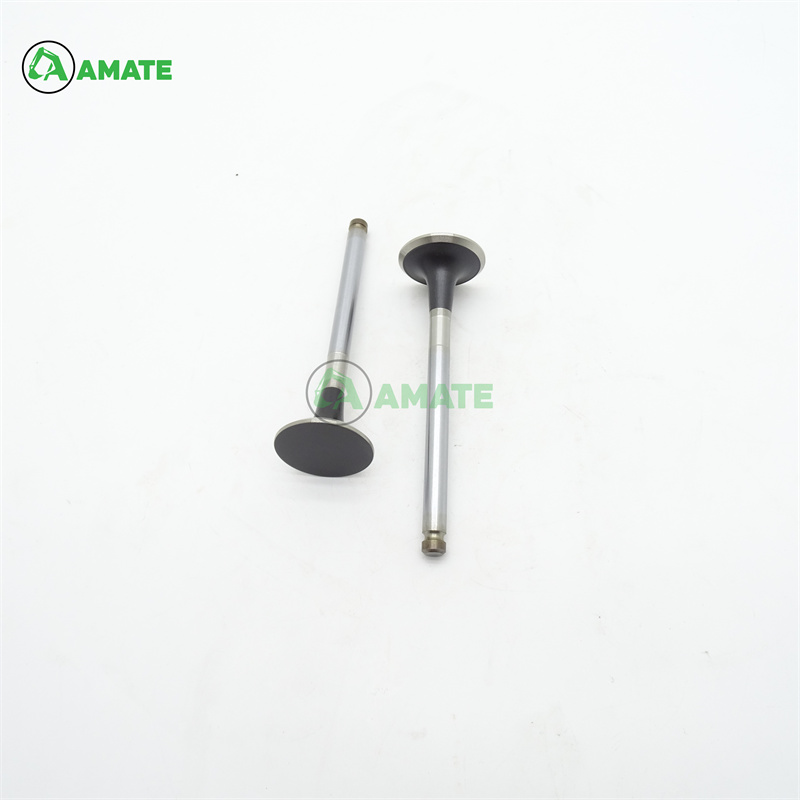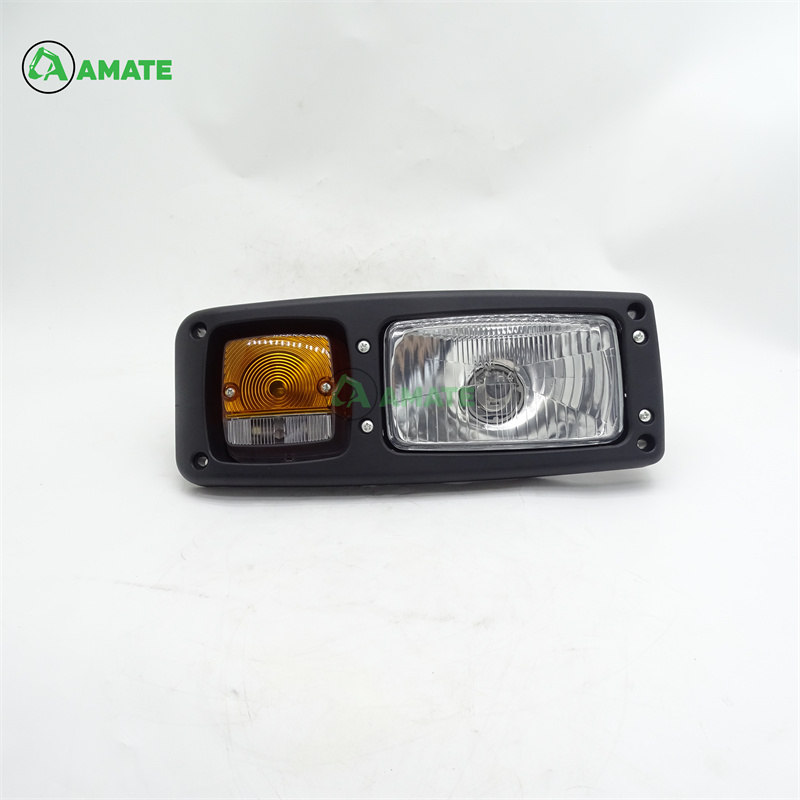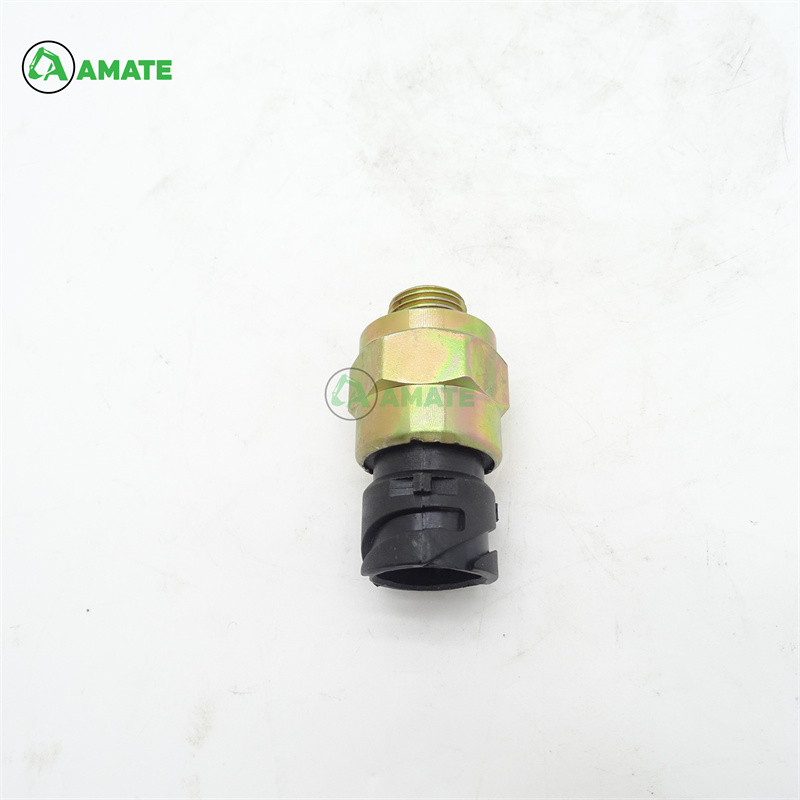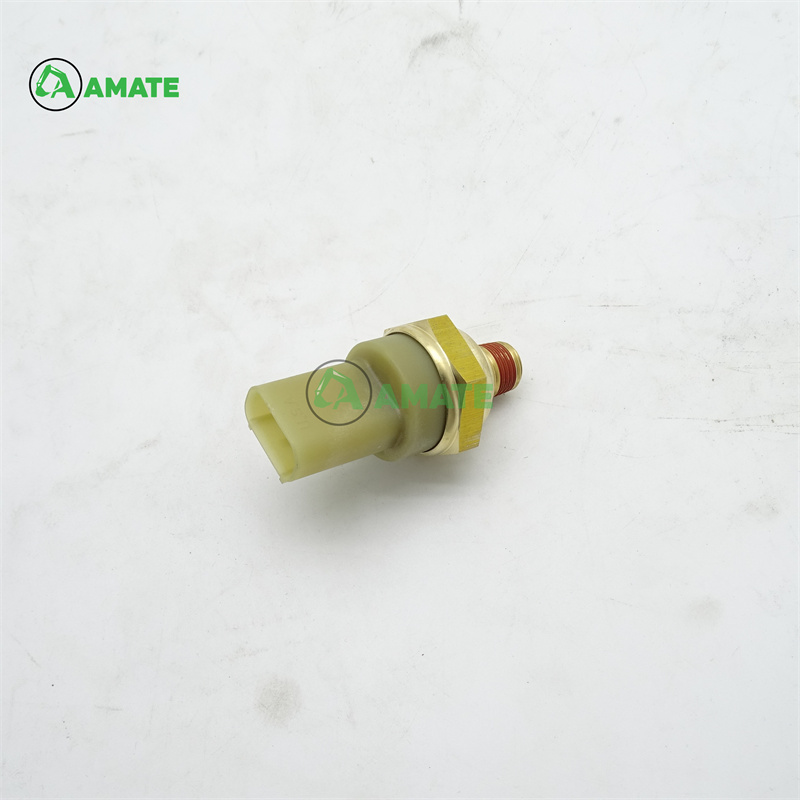Speed Sensor Technology Trends and Industry Analysis
Speed sensors, as key components in industrial automation and intelligent systems, are widely used in automotive manufacturing, industrial machinery, aerospace, and consumer electronics. The current industry exhibits the following characteristics:
In terms of technology, magnetoelectric, optoelectronic, and MEMS (microelectromechanical systems) solutions are the mainstream solutions, with MEMS technology experiencing significant growth due to its miniaturization and low power consumption. Wireless transmission and integrated design are emerging trends, and sensors are increasingly integrated with AI algorithms to enable intelligent diagnostics and predictive maintenance.
Market demand continues to grow, driven by Industry 4.0, smart manufacturing, and new energy vehicles. There is a strong demand for high-precision, high-reliability, and extreme-environment-resistant products. The Asia-Pacific region has become the largest consumer market due to manufacturing upgrades, while Europe and North America are focusing on high-end, customized products.
Industry challenges include R&D pressures driven by accelerated technological iterations and differentiated requirements for protection levels, temperature compatibility, and accuracy across different application scenarios. Price competition is fierce in the mid- and low-end markets, while technological barriers continue to dominate the high-end market.
In the future, with the widespread adoption of the Internet of Things and the development of intelligent devices, speed sensors will evolve towards multifunctional integration, wireless networking, and intelligent sensing, ensuring the overall industry maintains steady growth.









